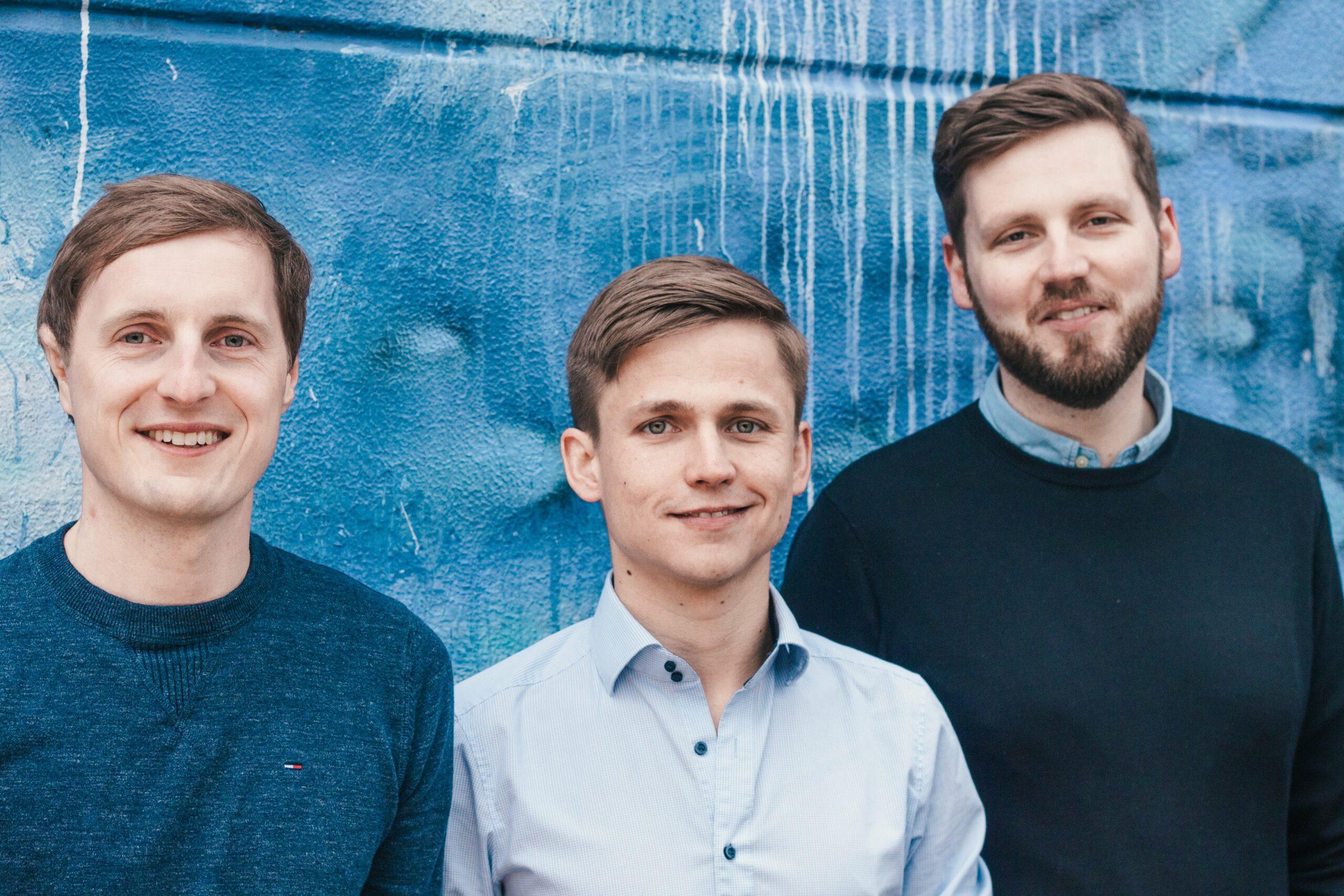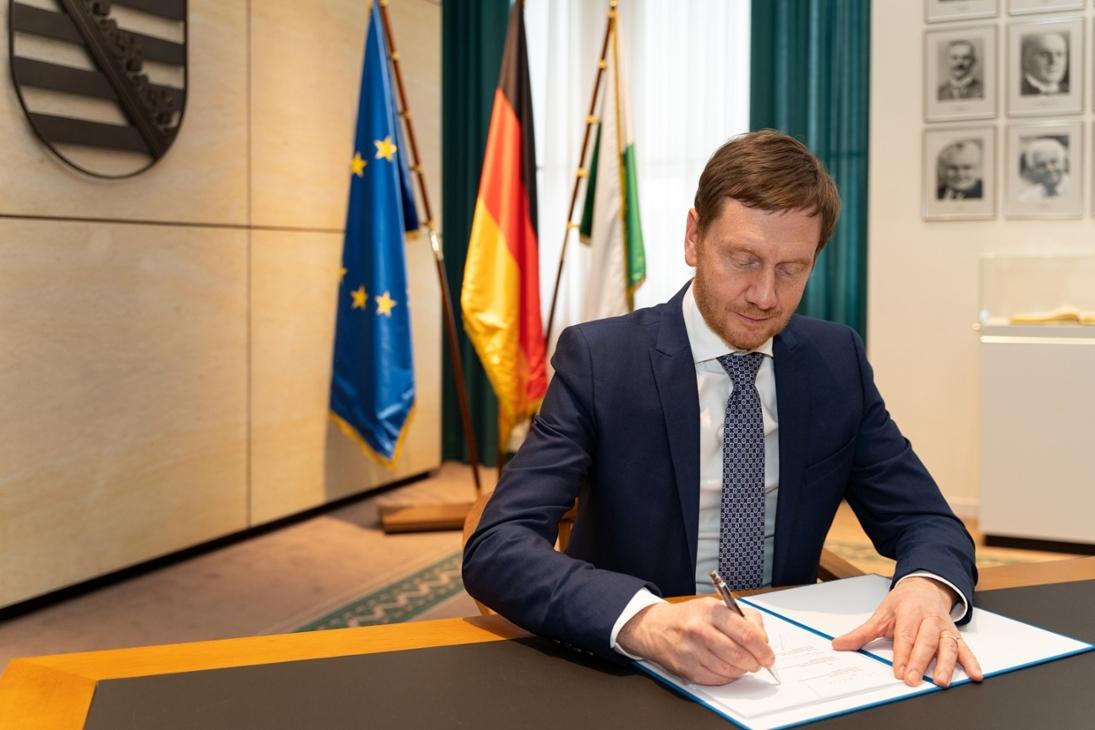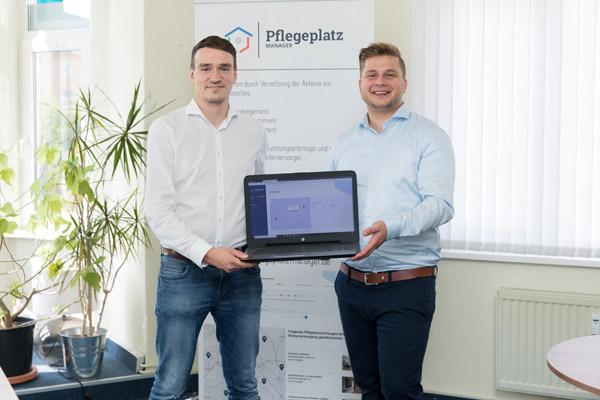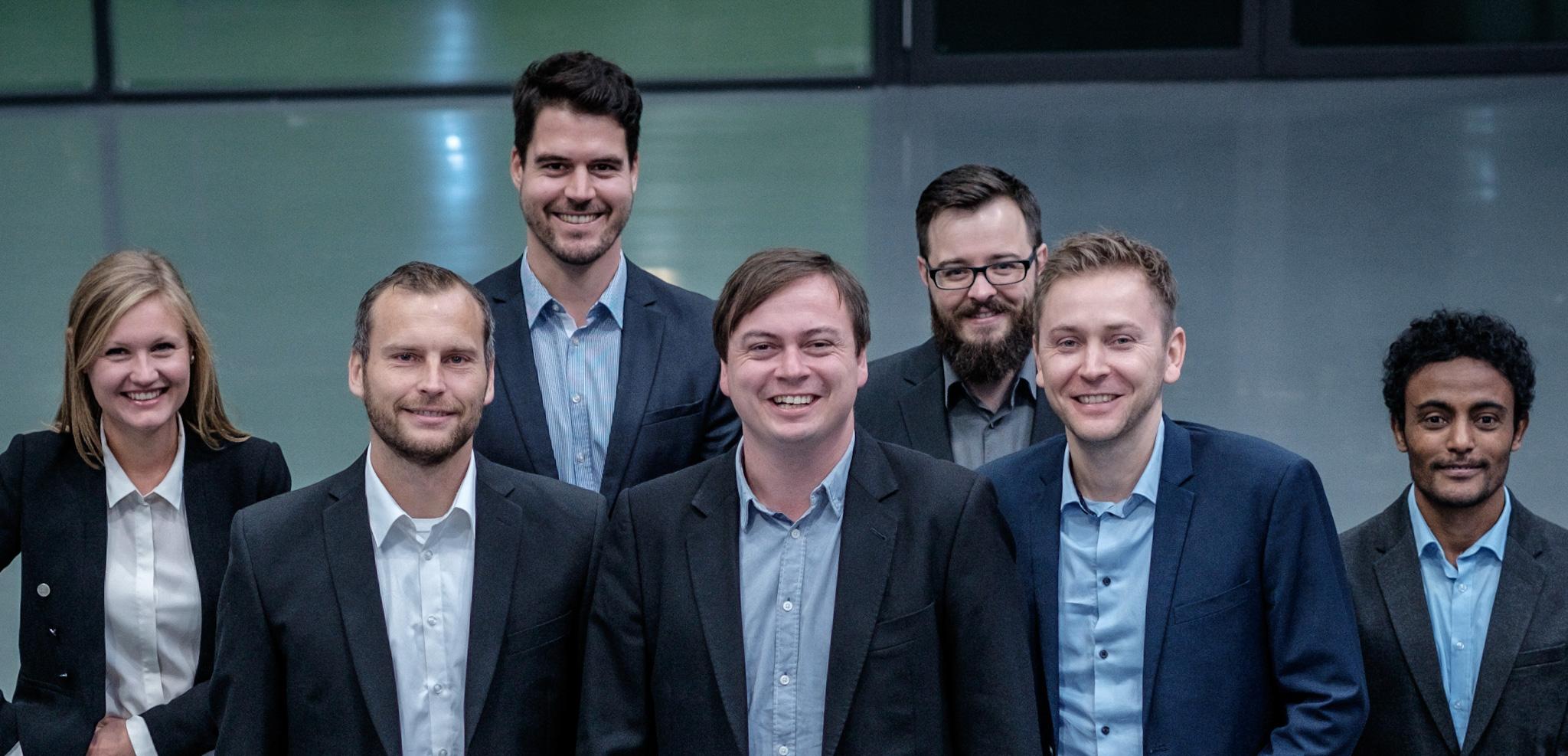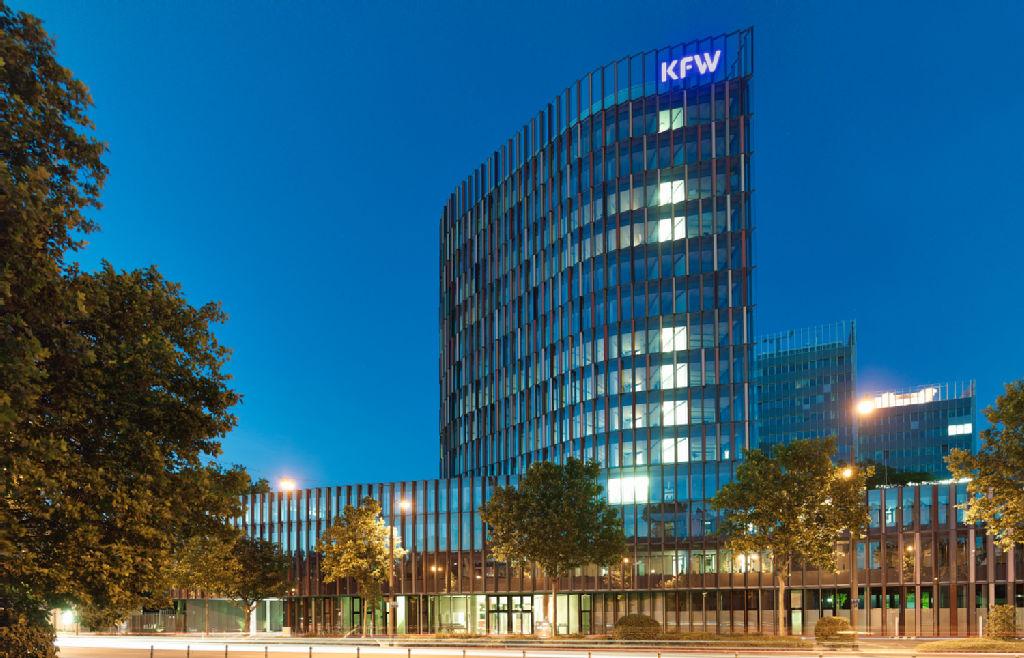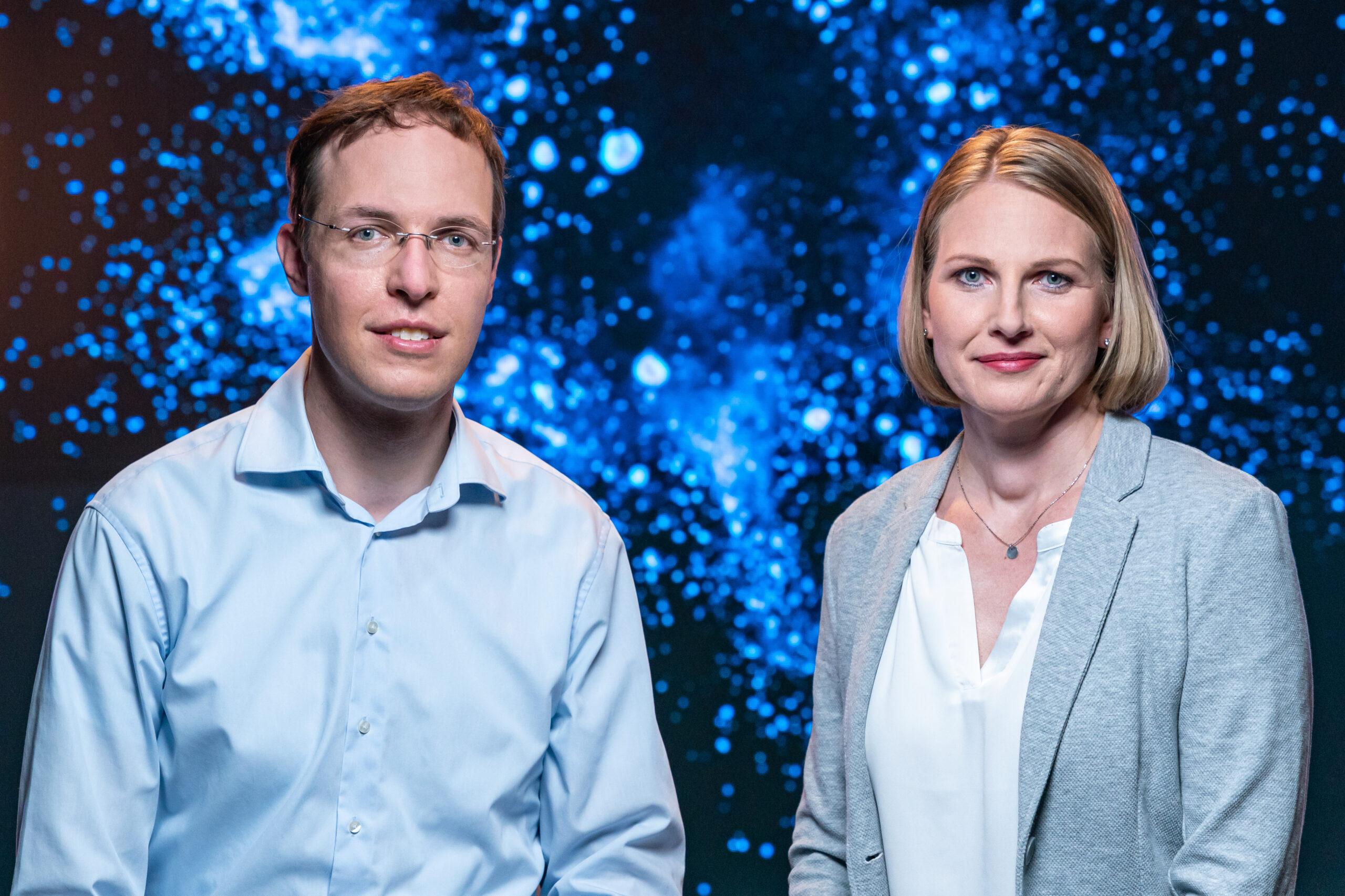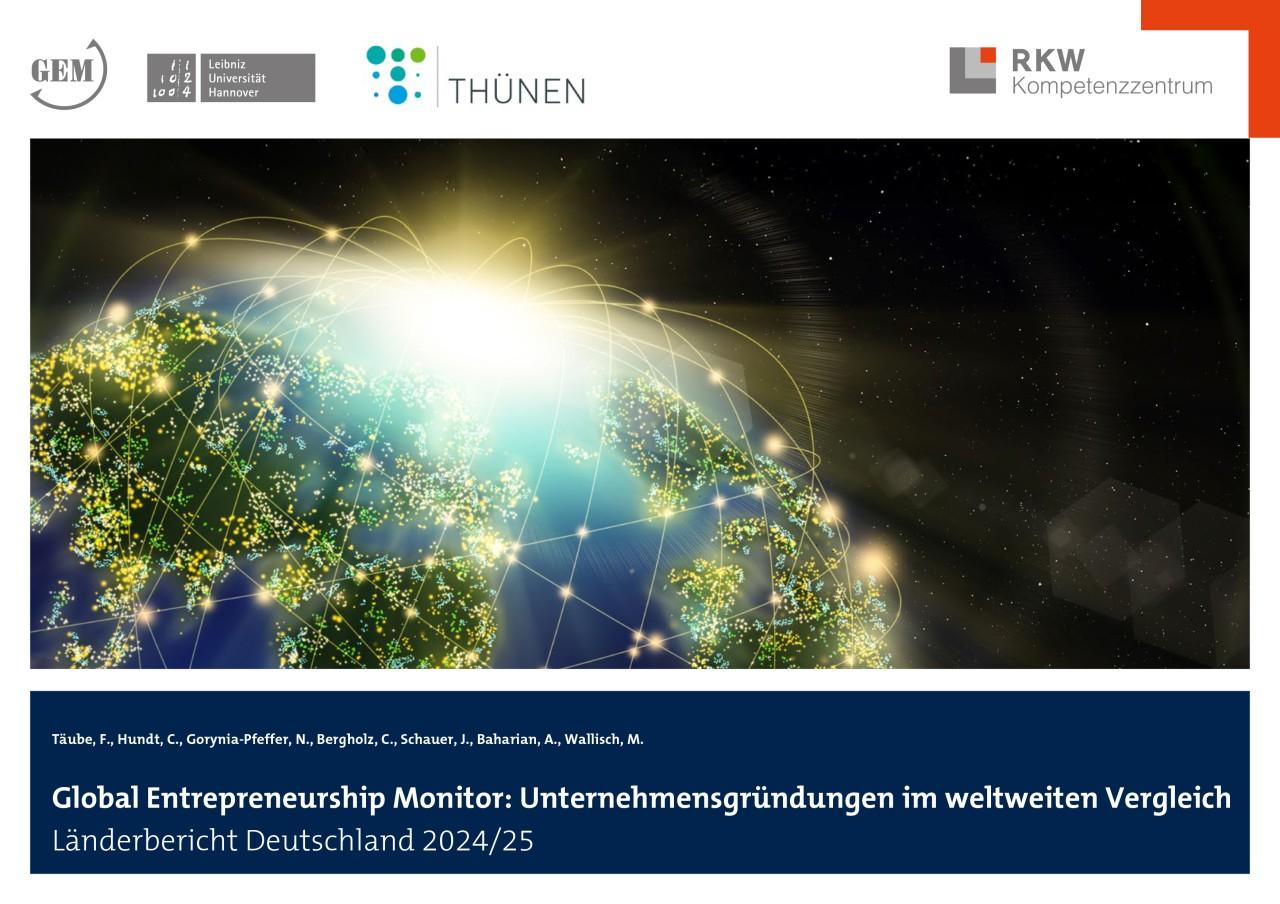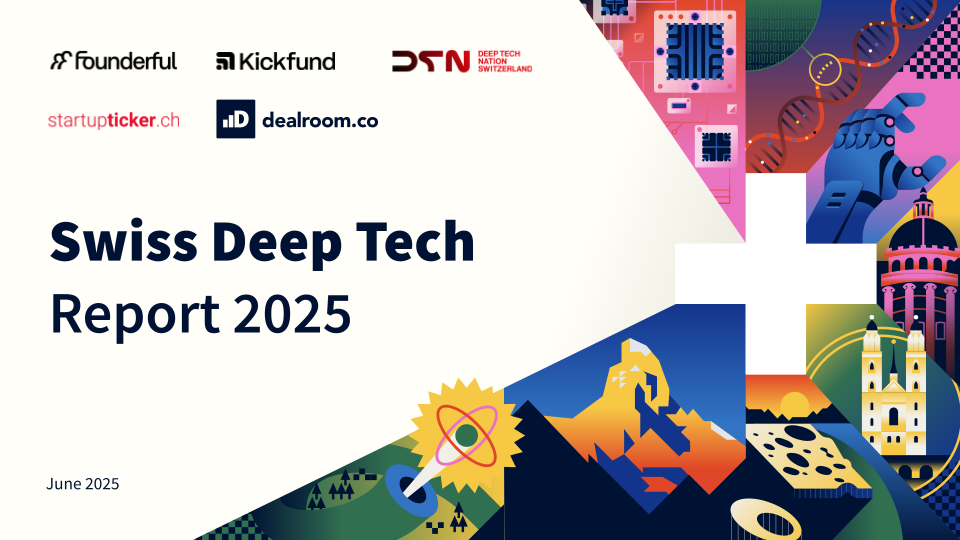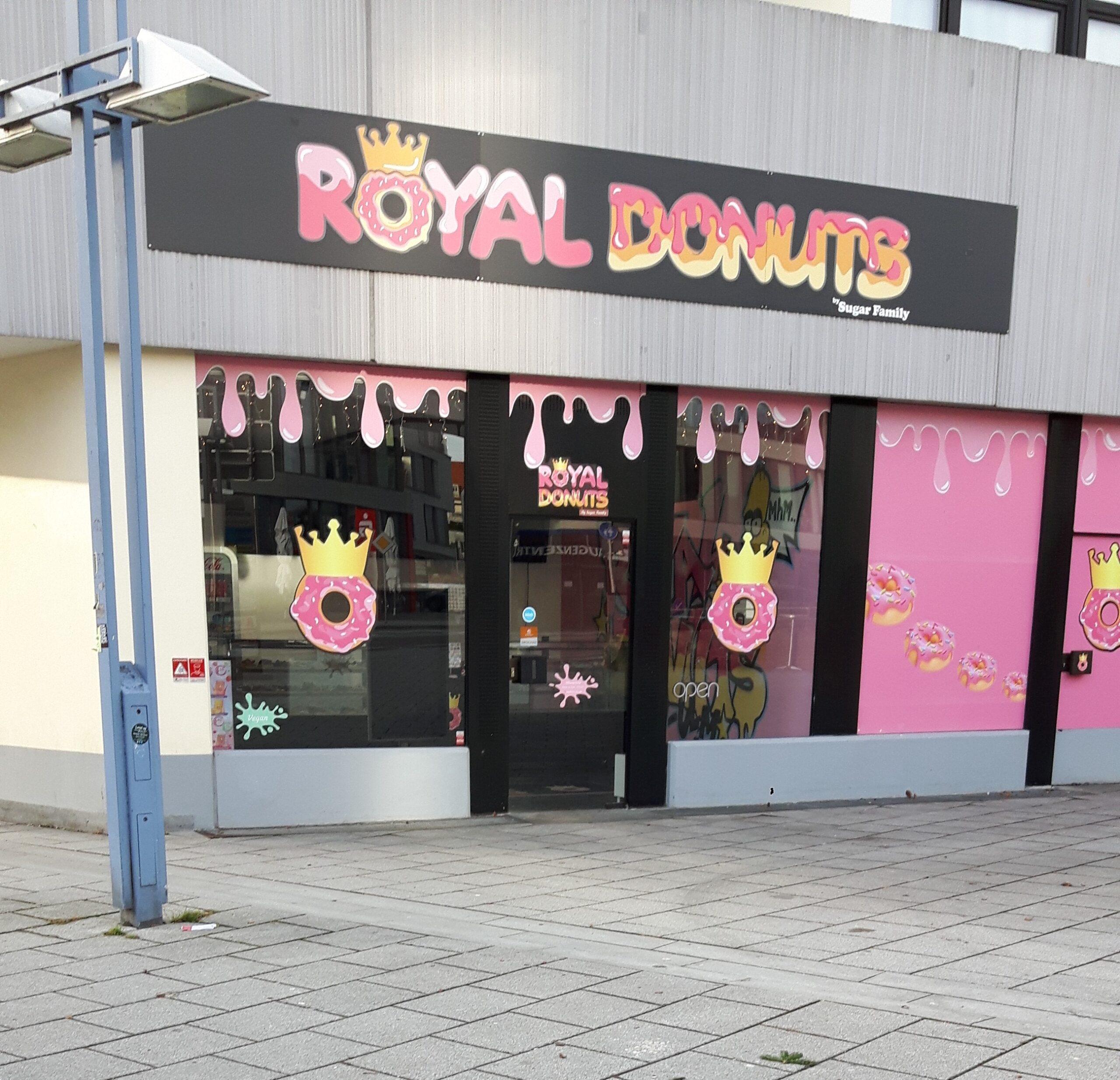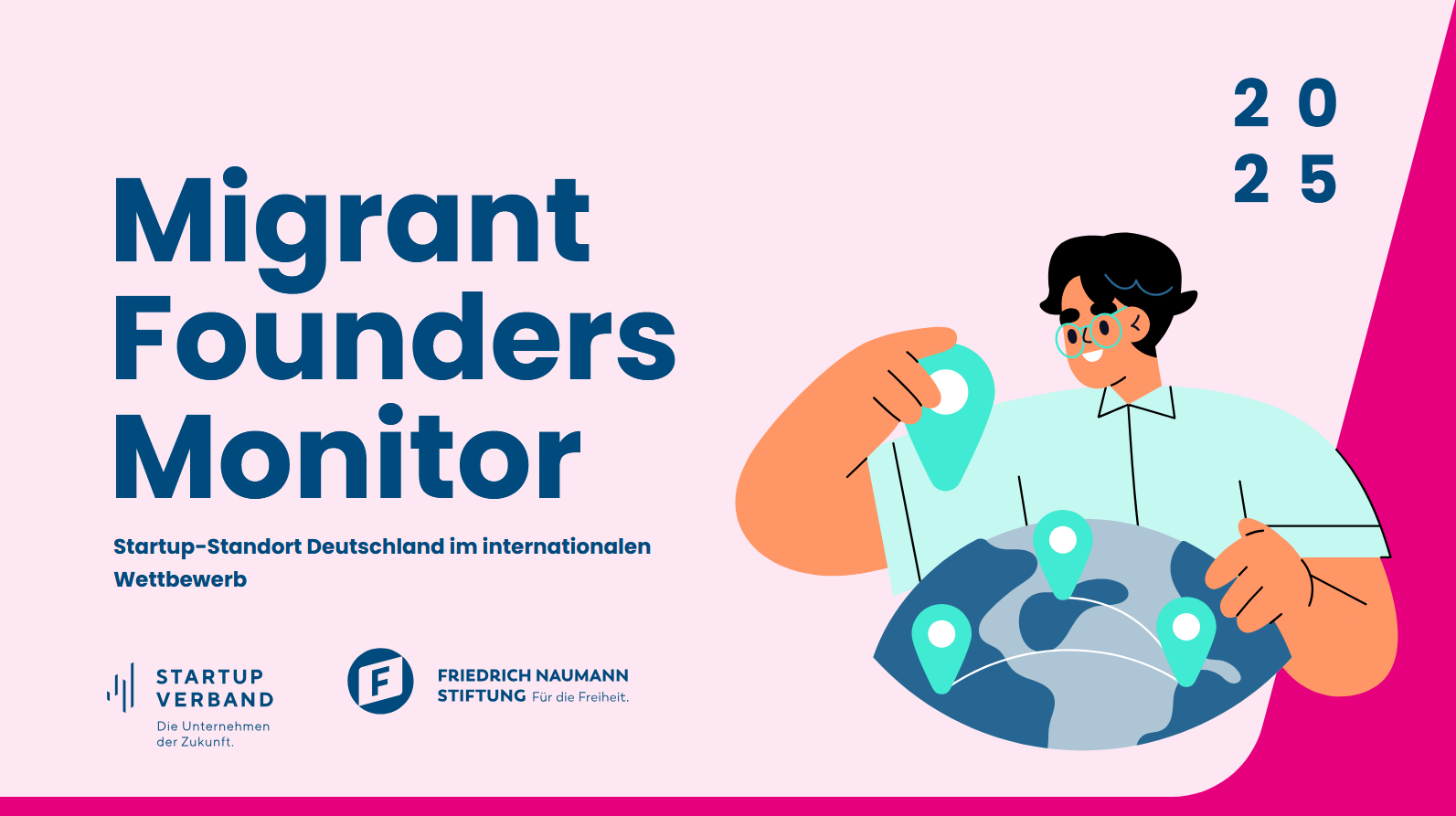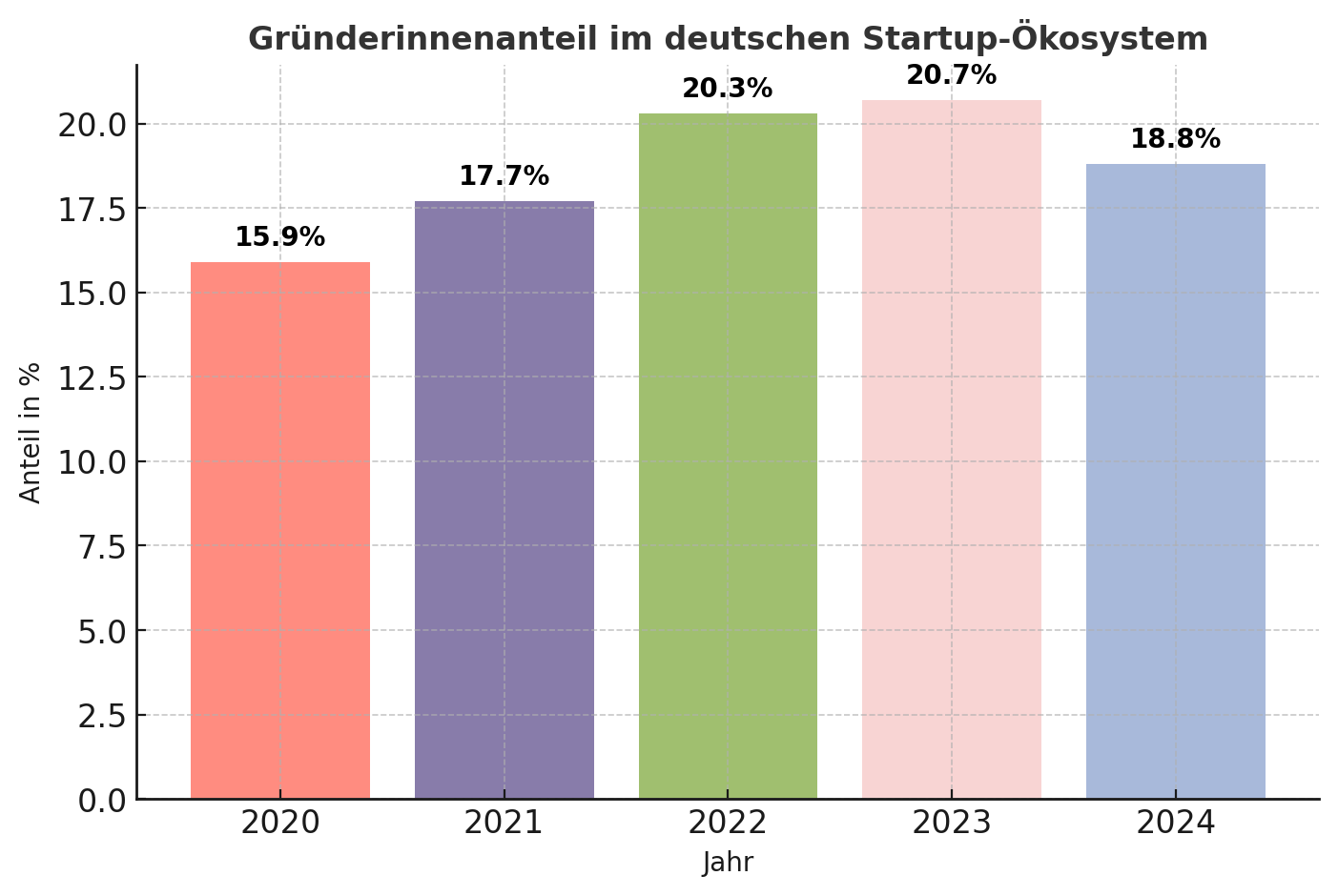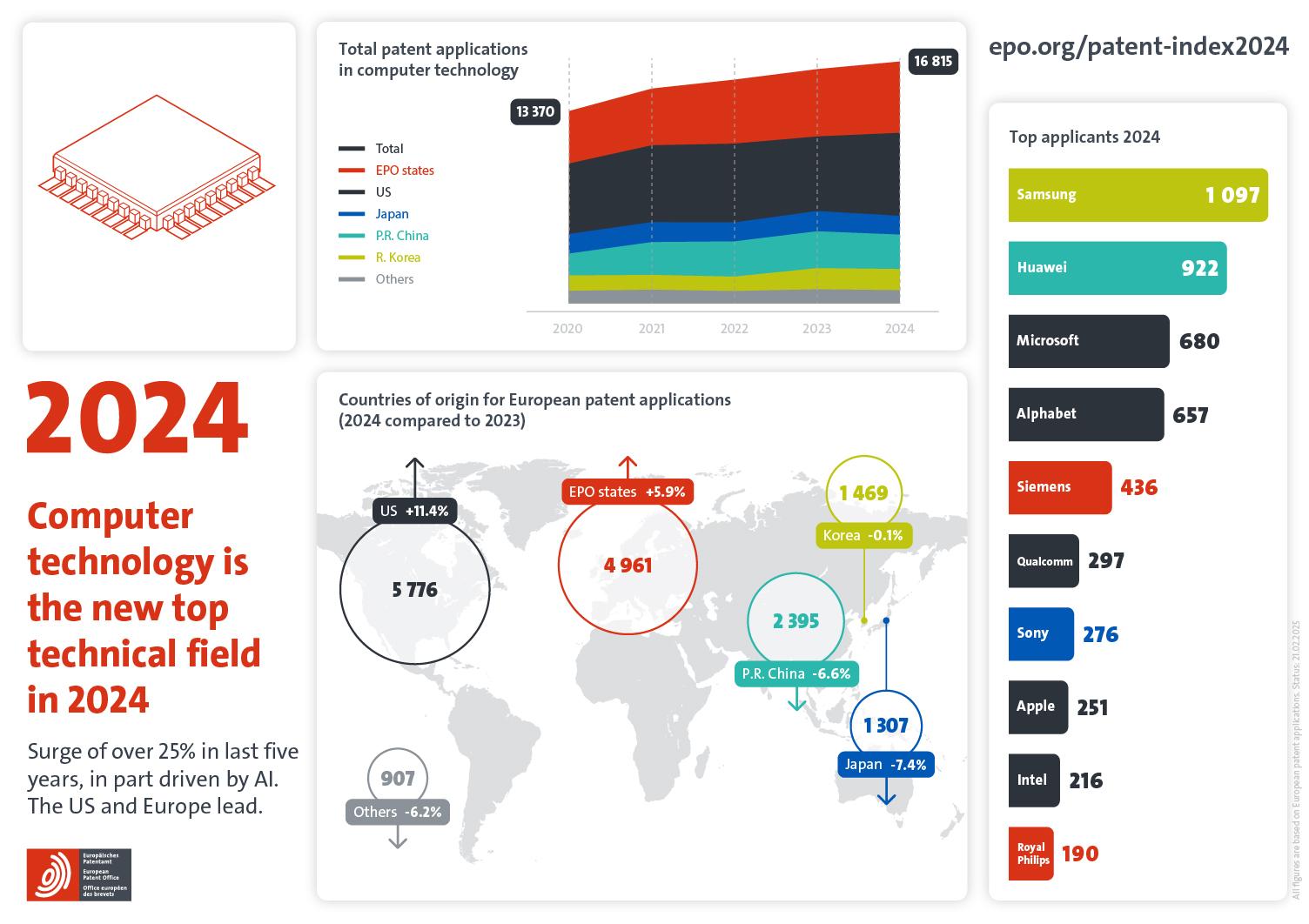This is the start-up behind the digital vaccination card
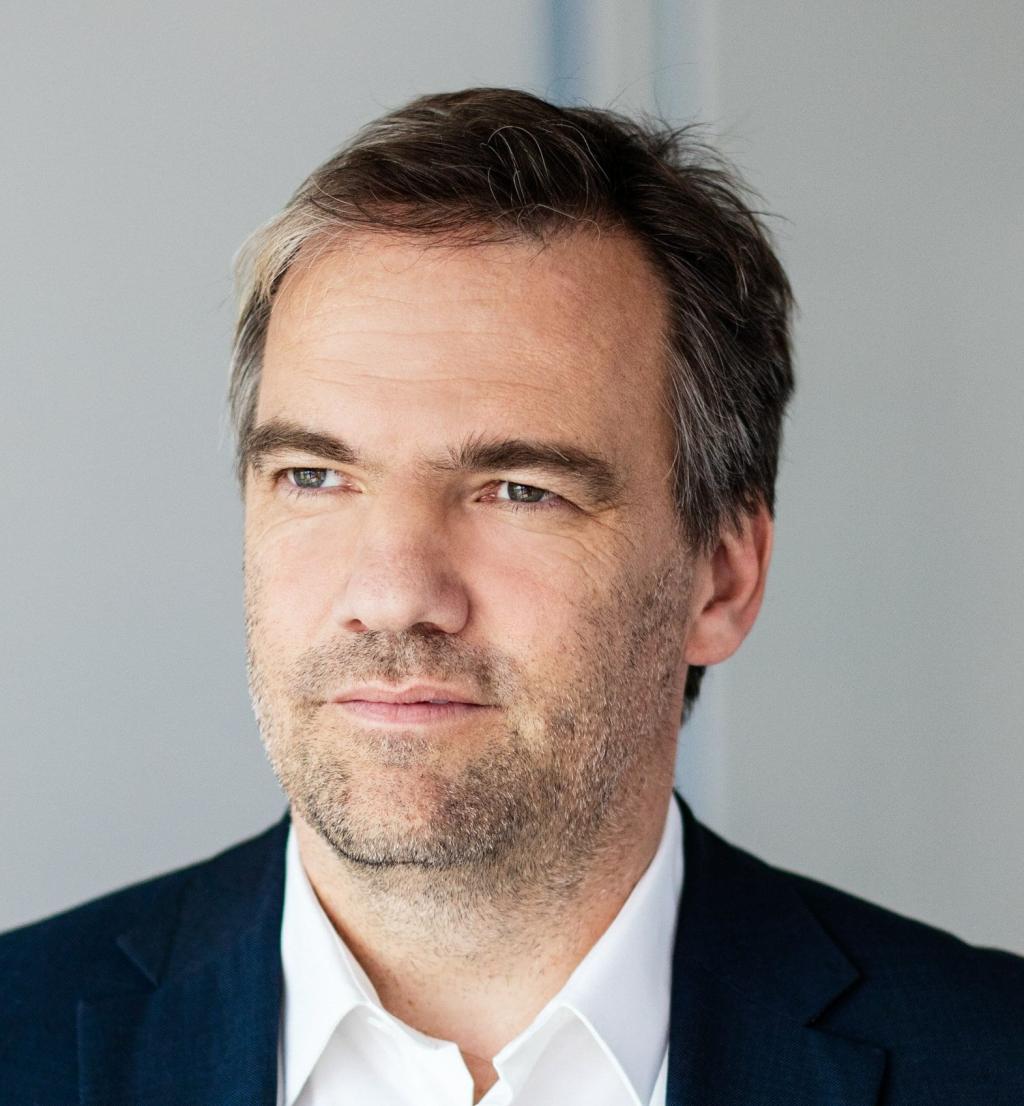
The Cologne-based company Ubirch is helping to develop digital proof of vaccination. But the technology can do much more.
First the whole of Germany wanted to get the needle in their arm, now they are all waiting for the digital vaccination card. Travel restrictions within the European Union are to be lifted for those who have been vaccinated, recovered or tested. That's why the digital vaccination card should be ready in time for the summer vacations, according to instructions from the Ministry of Health. And indeed, the long-awaited ID card has been in use since Thursday.
For the companies involved, this meant a lot of pressure, but now also fame and glory - after all, it could improve the lives of millions of people. That's why big names are behind the project: IBM, Bechtle, govdigital. But Ubirch, a small, unknown start-up from Cologne's Mediapark that programs a large part of the software for the vaccination certificate, has also been working tirelessly for weeks. The tender is a prestigious project for Ubirch, with founder and CEO Stephan Noller calling it a "spectacular contract". More than 50 people are working on the digital vaccination certificate, around half of them from the Ubirch team. The start-up is not allowed to say too much about the project. The Ministry of Health has taken over communication of the project, which is behind schedule and has had to put up with a lot of criticism.
However, the start-up behind the vaccination card is not only on course for success because of the prestige project. It currently employs 40 people in Cologne's Techquartier and reports a seven-figure turnover. But what does the company actually do apart from the digital vaccination card?
The start-up was founded in 2016 by 51-year-old Stephan Noller. He had previously founded Nugg.ag, a company that tailored online advertising to online users. It was sold to Swiss Post in 2010 and later to Zalando. He himself devoted himself to another major project. With Ubrich, he wants to create what the economy has been craving for a long time: measuring the world by networking devices. And as securely as possible, backed up by the blockchain.
"The idea is to breathe new life into old things by connecting them to the internet," explains Noller. He talks about the so-called Internet of Things, the idea of networking many devices so that they can communicate with each other, much like people on the internet. Hence the name: Internet-of-Things. Noller sees potential in energy production, for example, where consumption measurements and sensors need to provide precise and reliable data. "The data from the photovoltaic system on the roof of a detached house must be accurate and sent to the energy company, for example for billing purposes."
Ubirch programs the software that makes this possible. Noller was already writing the program code and developing the idea two years before the company was founded. Noller relies on the blockchain for security. The idea behind the technology is to have a decentralized database in which the same information is stored in many places, is compared and is therefore tamper-proof. Although critics argue that the use of blockchain is often complex and, depending on the application, too cumbersome, Noller is convinced of the secure encryption.
Ubirch mostly offers its products at software level, with only one project also relying on SIM cards as hardware. The product is called "Blockchain on a Sim". The aim is to turn cell phones themselves into measuring stations. The process seals the data directly at its source - the SIM chip - and therefore before it is stored in a blockchain in the cloud, which, according to Noller, should provide additional security. Ubirch is working with the Sozialhelden association on a larger project that relies on the technology. The association offers a "Wheelmap", which it claims is the largest free online map of wheelchair-accessible places in the world. For wheelchair users, it is important to know whether an elevator marked on the map actually works. "We are working with Sozialhelden on a solution to equip elevators with a sensor system that measures whether the elevator is actually running," says Noller. Elevators are therefore "hacked" with a SIM card because operators often refuse to provide live data from their elevators.
Since the company was founded in 2016, his idea of the networked blockchain world has clearly caught on. The number of employees has risen to 40 and investors are also giving the Cologne-based company money. Last year, Ubirch completed its third financing round worth millions. Investors include NRW.Bank, Hubraum, Deutsche Telekom's tech incubator and London-based VC Breed Reply. "The Internet of Things is a megatrend with endless possibilities for every industry," said Michael Stölting, Member of the Managing Board of NRW.BANK, at the announcement. "That's why we need companies from North Rhine-Westphalia that develop solutions and set international standards in the field of digital security technology, for example."
Ubirch now has offices in Cologne, Berlin, Munich, Tel Aviv and Dubai. In November 2020, Noller brought Karim H. Attia on board as Co-CEO for further internationalization. Attia and Noller have already worked together at Nugg.ad as co-CEOs. In 1999, Attia founded Xenion, one of the first and later market-leading online marketing agencies in Germany.
Noller speaks of an almost infinite range of possible uses for his Ubirch technology: the blockchain is used wherever data from the real world needs to be digitally secured. The new technology that Ubrich is so strongly committed to is also behind the vaccination certificate that is created via the Corona Warn app or the new CovPass app. When the digital vaccination certificate is now launched, millions of citizens are likely to be carrying around a bit of Ubirch technology on their smartphones.

Newsletter
Startups, stories and stats from the German startup ecosystem straight to your inbox. Subscribe with 2 clicks. Noice.
LinkedIn ConnectFYI: English edition available
Hello my friend, have you been stranded on the German edition of Startbase? At least your browser tells us, that you do not speak German - so maybe you would like to switch to the English edition instead?
FYI: Deutsche Edition verfügbar
Hallo mein Freund, du befindest dich auf der Englischen Edition der Startbase und laut deinem Browser sprichst du eigentlich auch Deutsch. Magst du die Sprache wechseln?










